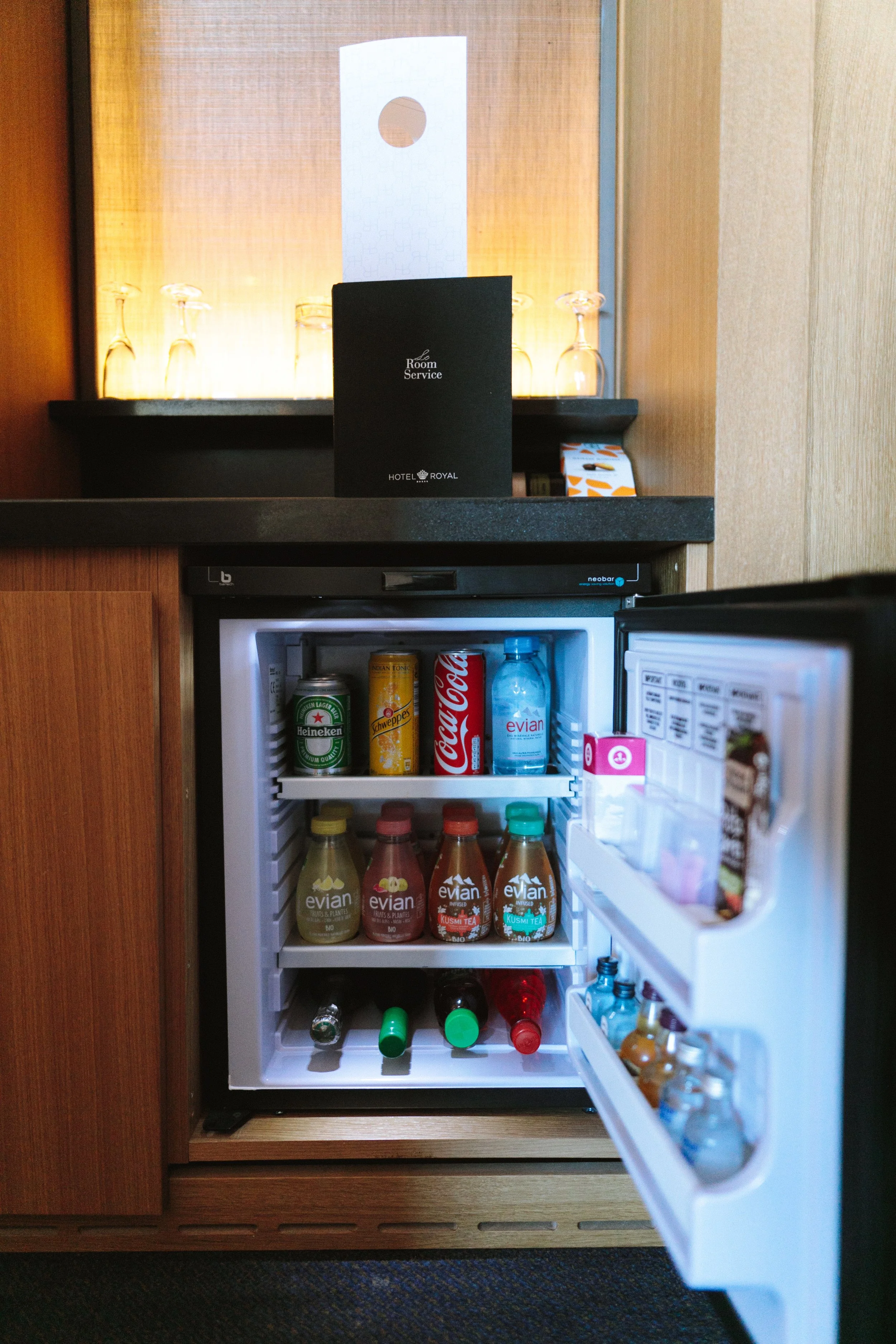Behold the mini-fridge and its mini-freezer! True, it cannot make ice, it does not have a water tap, and you can’t store a Thanksgiving turkey in it. But for offices, dorm rooms, hotels, and more, the mini-fridge is more than enough.
For businesses not ready (or not willing to pay for) an enterprise-level CRM system, there’s a mini-fridge equivalent, the mini CRM.
It’s quoting software, a.k.a., a configure, price, quote (CPQ) solution–which holds account and contact info, stores documents, tracks sales and sales quotes, and helps automate the most critical part of the sales process. For many businesses, a CPQ solution is more than enough CRM.
“Do I really need a CRM solution?”
If you’re serious about sales and marketing, and building lasting, rewarding customer relationships, the answer is “YES.”
You absolutely need a way to store information on those relationships, to track sales, to automate renewals of recurring-revenue products and services, and (if you’re in leadership) to track the progress of your sales teams.
The question is what kind of CRM is best for you. We’re not talking about brands here. Dynamics, Salesforce, Zoho, Oracle, HubSpot–these are all great CRM platforms (and, side note, iQuoteXpress integrates with them all).
Thing is, most of these platforms typically cost well over six-figures annually, which can put them out of reach for SMBs or companies with only a few sales reps. But these companies still have the need to track relationships and sales, and quoting software meets that need (and many more).
Let’s take a look at the similarities and the differences between a standard CRM solution and CPQ.
“What does quoting software do that CRM does, too?”
There is definitely some overlap, some redundancy in the solutions, and in some key areas.
Storing accounts and contacts: you’d be hard-pressed to find the difference between how this information is stored in an enterprise-level CRM and a CPQ solution. The fields are nearly identical, and as both solutions are cloud-based, reps can access customer information from anywhere.
Tracking sales and forecasting: for tracking sales, quoting software may actually do a better job than a standard CRM system as it allows you to granularly track the progress of every sales quote in circulation, which is perhaps the most accurate way to forecast revenue.
“What does CRM do that CPQ doesn’t?”
In a word, marketing. CRM solutions often contain or allow you to add-in features such as…
an ESP (email service provider: name your provider–MailChimp, Constant Contact, Klayvio, too many to list),
marketing automation (such as Pardot),
and lead nurture (such as Marketo).
These tools are critical if you have a marketing team creating lead-gen campaigns and generating MQLs (marketing qualified leads) for your sales team.
“What does quoting software do that CRM doesn’t?”
In a word, closing. While CRM solutions are ideal for “top of the funnel” workflows in sales (tracking incoming leads, tracking leads-into-opportunities, etc.), when it comes to the bottom of the funnel, they usually fall short.
A CPQ solution, however, rises to the occasion of closing sales by helping you…
Quickly create professional sales proposals: with dozens of templates, your quoting software makes it easy for even a first-time to make a sales quote that looks like it was designed by a pro.
Optimize product and pricing configurations: critical to expeditious proposal creation is the ability to access and easily add winning product and pricing configurations, which is a core functionality in CPQ:
Centrally administered: configurations can be built and controlled at the leadership level (or not… your call)
Drag-and-drop: reps simply click to add individual products and bundles to quotes, with a clear path outlined for winning upsells and upgrades
Centralized management of discount structures: sales leaders can control (by geo, market, or simply preference) which rep has access to which discounts.
Granular tracking of quotes: CRM usually only offers “sent > signed.” But that’s rarely the path a sales quote takes. There are iterations, conversations, pings, replies, and on and on. Your quoting software lets you get into (and more easily manage) the nitty-gritty involved in getting a sales proposal across the finish line.
“Do I need quoting software AND CRM?”
A hedging answer is all we can offer: it depends.
For enterprise-level companies and some SMBs, the answer is yes, you need both. In these cases, CPQ is mostly used for product and pricing configuration and building/sending proposals. E.g., contact management is typically left exclusively to CRM (as a business needs a single source of truth for this info).
For some other SMBs and companies with smaller sales teams, quoting software may be enough as it helps you close more sales more easily, and tracks the most critical part of the sales process.
To go back to the mini-fridge analogy: if you need an ice machine and a place for a whole Thanksgiving turkey, you’ll need more than a mini. But if what you’re after is a turkey sandwich and a six-pack, mini is more than enough.

